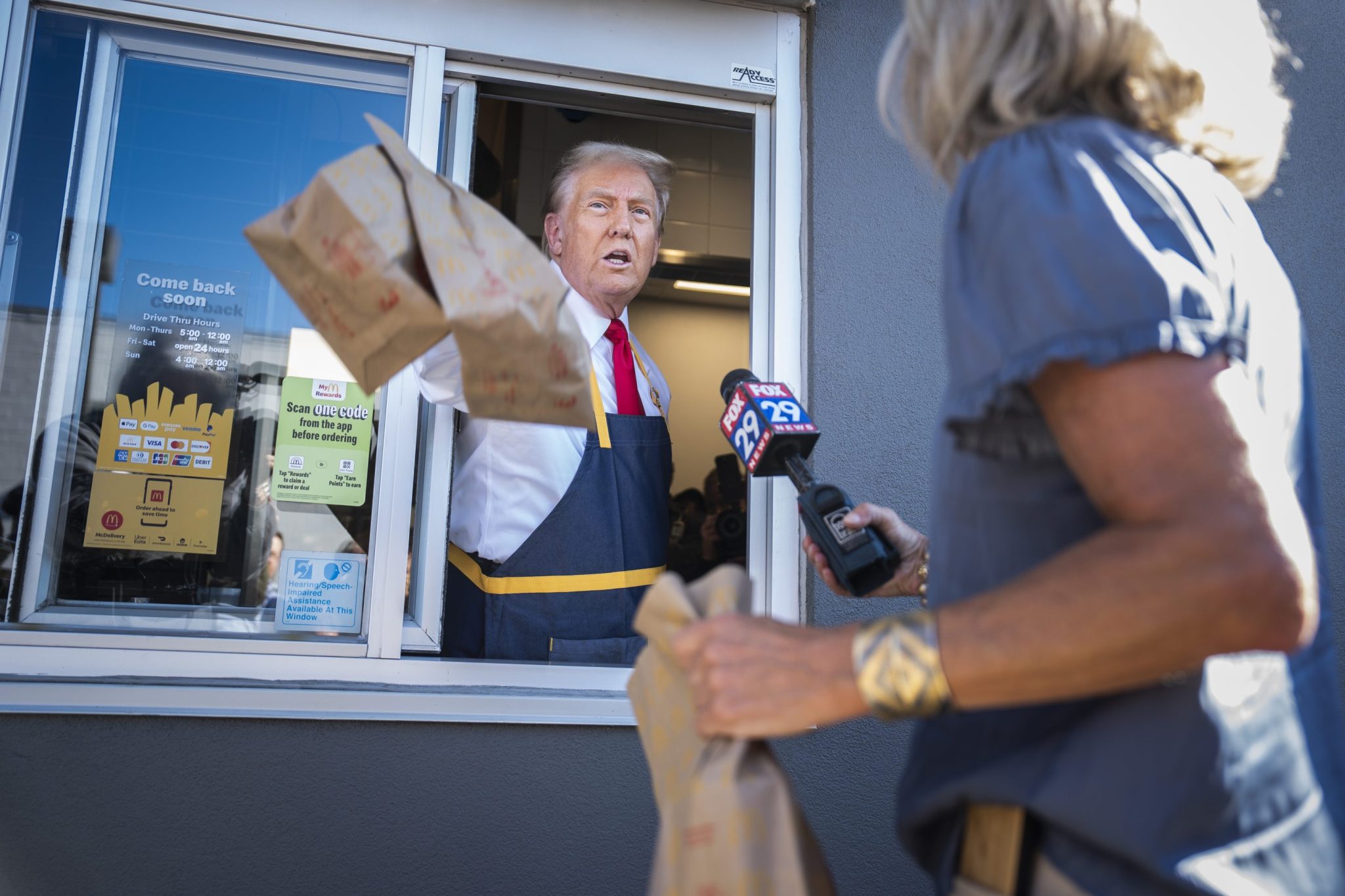
McDonald’s employees will not only get no benefits from President Donald Trump’s no tax on tips efforts, but the policy also exposes inequities between businesses that decide to pay workers the federal minimum wage versus those who pay employees a smaller wage supplemented by tips, according to CEO Chris Kempczinski.
The fast food boss told CNBC’s Squawk Box on Tuesday that while he supports the no tax on tips policy, it doesn’t do any favors for McDonald’s restaurant workers.
“The issue with no tax on tips is it only benefited those restaurants that have tips,” Kempczinski said. “We don’t do tipping in McDonald’s, and so we don’t get the benefit of, essentially, that tax relief there.”
Trump included no tax on tips as part of the One Big Beautiful Bill he signed into law in July. The legislation allows for an up to $25,000 federal income tax deduction from reported tips. Fast food and counter workers—as well as bartender helpers, chefs and cooks, dishwashers, and other food workers—are eligible for the tax deduction, according to a White House social media post on Tuesday.
While some have touted no tax on tips as a way to save workers up to thousands of dollars in federal income taxes annually, others have raised concerns about who is actually able to benefit from the policy. The Yale Budget Lab found 37% of workers earning tips had incomes low enough to exempt them from paying federal income tax in 2022, meaning the tax deduction would not even be relevant.
‘Uneven playing field’ for restaurants
According to Kempczinski, the policy has other negative consequences for restaurant workers. For restaurants allowing workers to earn tips, the minimum-wage requirement is $2.13, a level set in 1991. Meanwhile, the federal minimum wage of $7.25 was set in 2009.
By offering a reward for certain tipped workers, no tax on tips provides an outsize advantage to businesses paying workers less with the expectation the employees will make the majority of their wages in tips, Karla Dennis, a tax strategist, previously told Fortune.
“It is a win for the business owner,” Dennis said. “They may have more of their employees wanting to work the jobs that earn tips, and it may also help to get more people in these service-oriented jobs.”
Kempczinski said the policy therefore gives an additional edge to companies with tipped wage policies, which McDonald’s does not have.
“Right now, there’s an uneven playing field,” he said. “If you are a restaurant that allows tips or has tips as part of your equation, you’re essentially getting the customer to pay for your labor, and you’re getting an extra benefit from no taxes on tips.”
Potential solutions in setting minimum wages
In order to mitigate this disparity, Kempczinski suggested setting one minimum wage for both tipped and non-tipped employees. He also said the company was “open to conversations on raising the federal minimum wage.” McDonald’s raised its minimum wage in 2021 by about 10% as a result of a pandemic-era labor shortage, with hourly entry-level workers earning between $11 to $17 per hour and managers earning between $15 and $20.
Eight states currently have equal wages for tipped and non-tipped workers. In states where tipped wages are $2.13 per hour, the poverty rate for waitstaff and bartenders hovers around 18.5%, according to the Economic Policy Institute, a left-of-center think tank, citing U.S. Census data. For states with one minimum wage, the poverty rate is about 11.1%. For non-tipped workers, poverty levels are similar, regardless if a state has a tipped minimum wage. A 2014 report from Cornell University’s School of Industrial and Labor Relations found having one minimum wage for tipped and non-tipped workers also lowered turnover rates and increased employee morale.
“There’s already been a model that shows that the tipped wages can be the same as the federal minimum wage,” Kempczinski said. “We just need to do that, I think, across all 50 states.”
#McDonalds #CEO #tax #tips #creates #uneven #playing #field #restaurants